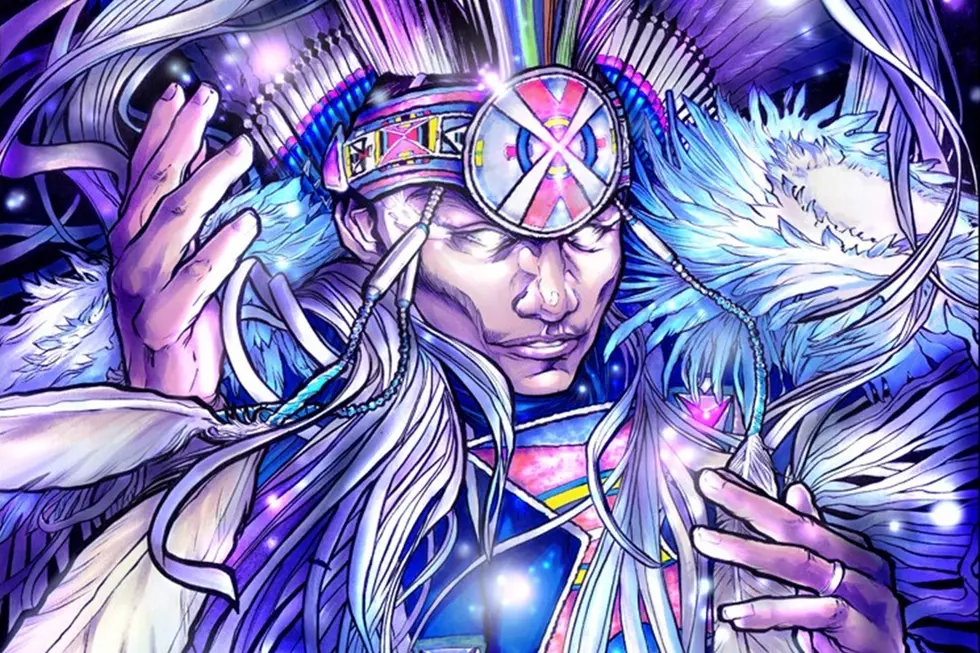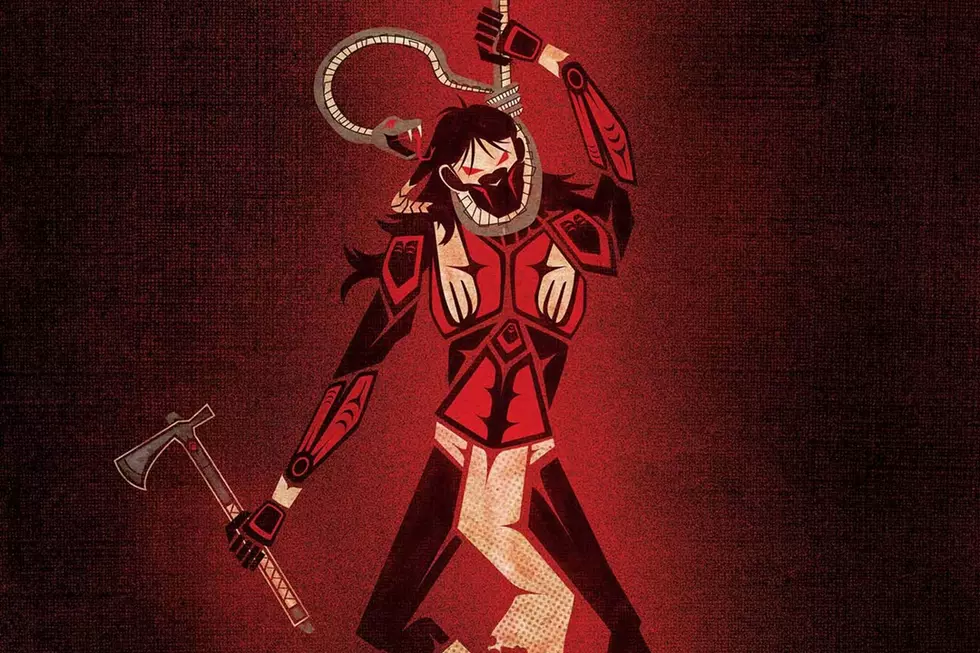
Weekender: 'New Sincerity', Amy Kim Kibuishi, Comics for Choice
The weekend is here! Take a look back at what’s happened in the past seven days. New comics, new stories, new podcasts, new art being made — it’s all part of the ComicsAlliance Weekender!






